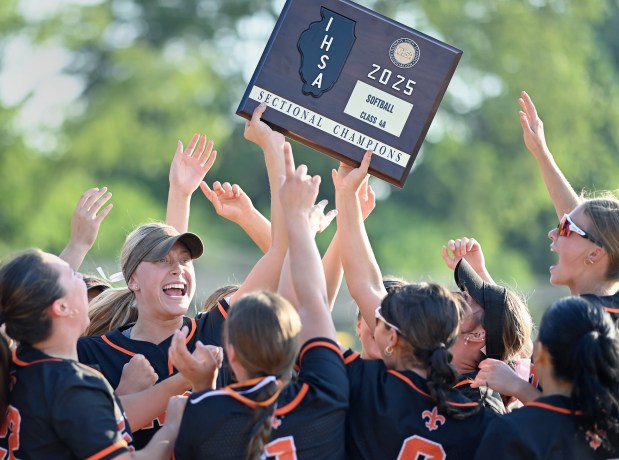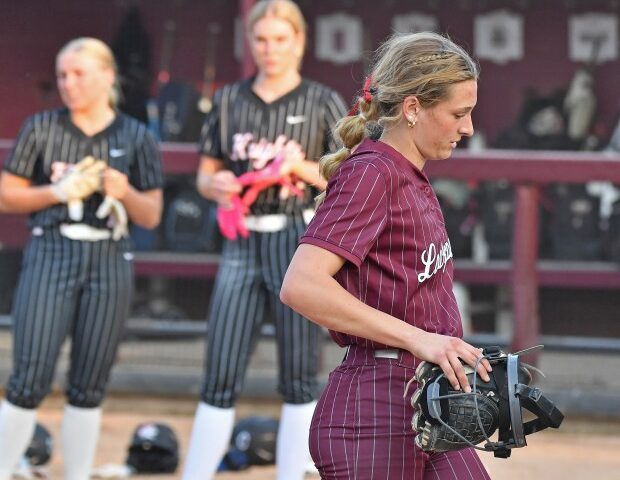What happens after death is a big question but what happens before death needs to be legally bound. A Wilmette Professor Emeritus has launched a free website allowing users to stroll through a virtual garden doing exactly that.
MedicalDecisions.info, takes “end-of-life decision-making” to the digital garden stroll level for the first time ever, said Professor Emeritus of Bioethics and Contemporary Culture at Trinity International University John Kilner. The site just went live and Kilner, who held the Franklin and Dorothy Forman Endowed Chair at Trinity International University, said he launched it because of what his career in end-of-life ethics in academia has shown him.
“I spent a career teaching end-of-life issues, beginning-of-life issues, bioethics and recognized people becoming less and less interested in reading books and articles on the issues,” said Kilner. “People are going to the Internet to get their information.”
Knowing this, Kilner decided it was best to meet people where they are by creating the website.
He said there’s nothing like his website out there because it takes users on a virtual stroll through a digital garden where they decide on critical end-of-life issues.
It ends with a free legal downloadable document promoting finishing life well and an advance directive, documents Kilner says every adult should have but many do not. They indicate who the user wants to make health care decisions for them when they can’t and the most important things they want their decision-maker to consider when making those decisions.
For example, if they unable to respond in any way do they want every single available medical intervention used to keep them alive or something else?
Death is not a scary thing for Kitner because it’s inevitable and life has a 100% mortality rate. The problem he said is being legally and spiritually unprepared for death is avoidable, unlike death itself.
The site guides users on how to ask questions of their doctor, so they have all the information they need to bring their own values and beliefs to bear on their treatment decisions.
“Often the standard forms pretty much limit what you can say or put it them,” said Kilner. “That’s one of the benefits of the website, that it walks you through all the decision points. It’s done in an enjoyable format, rather than just words on a page that cause people’s eyes to glaze over.”
MedicalDecisions.info leads users on a walk through a series of animated natural scenes, which Kilner said is not too different from a botanical garden setting, where they see a pathway ahead of them branching. Users can select signposts that lead them to different values or beliefs they can explore.
The website teases out users values and beliefs and suggests questions they need answered ahead of time by their physician in dramatic end-of-life circumstances.
Users take a digital path though the website garden answering questions before the next scene. There’s also brief videos of Kilner along the way providing additional information to help users make their choices.
At the end of the journey, users download and print digital PDF copies of the legal document they’ve created tailored to their needs.
“It’s an essential and easy ethics end-of-life legal document. It’s free and the site doesn’t have any ads,” said Kilner. “It’s completely private and users are not required to provide any personal information. None of their choices are saved on the site.”
Kilner paid $50,000 to get the site up and running with costs including animation, which he hopes to upgrade. He said he could charge users on the site but chose to keep it free because his academic background has showed him the importance of having near and after death instruction available for living relatives, the almost living and the deceased who have moved on.
“People never get around to it,” he explained. “I felt that in the last stage of my life, I wanted to produce some resources that would really be useable by the average person and really enable them to engage these end of life issues.”
Brian L. Cox is a freelance reporter with Pioneer Press.




